|
There were high hopes that President Muhammadu Buhari would lift Nigerians from years of economic disempowerment, institutionalised corruption and insecurity. This has not happened: most of the things Nigerians complained about prior to his election in 2015 are still unresolved. But, says Stephen Onyeiwu, for reasons to do with the weakness of other candidates rather than his own strengths, Buhari looks set to win re-election come February 16.
There is still a deep-rooted feeling among Western academics, policymakers and journalists that African democracies are not yet “the finished product” - that they are still on their way to becoming full democracies. Stephen Friedman sets out to debunk this view. He points out that it makes very little sense to claim that any Western democracy is the “finished product” given that they all differ dramatically, and that many have been shown to be deeply flawed.
Many South Africans have reacted with shock and disbelief at the explosive testimony presented at a commission probing the alleged capture of the country’s state institutions by private business interests. Particularly damning has been the evidence from Angelo Agrizzi, who has testified that the security company he worked for as chief operating officer paid millions in bribes to politicians from the governing ANC and government officials to secure government contracts and avoid prosecution. Richard Calland cautions that it’s important to look beyond the headline grabbing evidence and to ask whether, when all is said and done, those
fingered will actually be made to pay for their crimes.
|
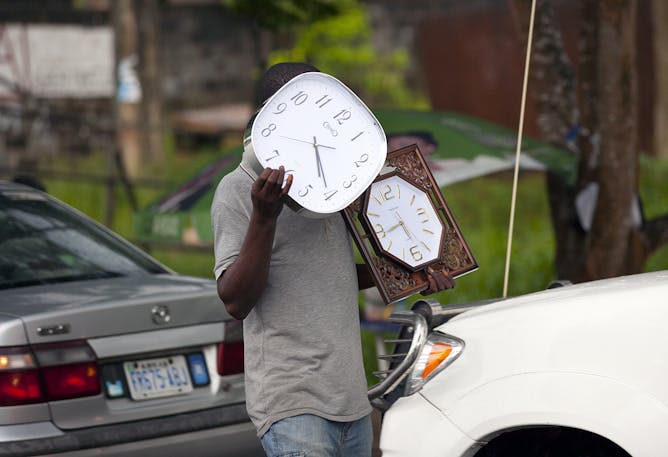
A hawker sells clocks on a roadside in Nigeria’s oil rich Bayelsa state.
EPA/Tife Owolabi
Stephen Onyeiwu, Allegheny College
Most of the things Nigerians complained about in 2015 are still unresolved -- unemployment, poverty and economic disempowerment.
|
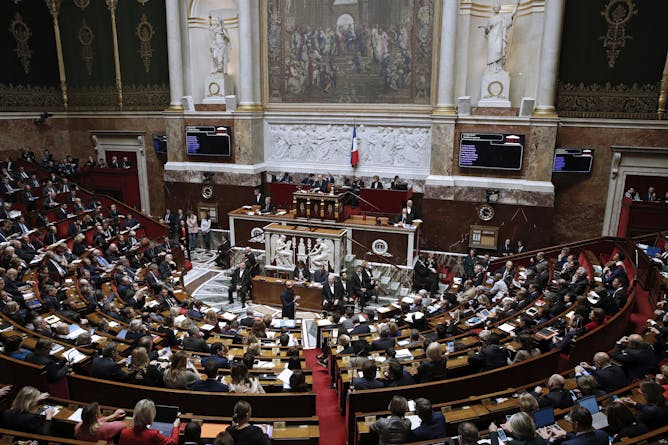
The French National Assembly, one of the Western institutions Western academics believe African countries should aspire to.
EPA-EFE/Yoan Valat
Steven Friedman, University of Johannesburg
The argument isn't whether African democracies are better than those in the West. It's simply that the idea of "real" and "not yet real" democracies expresses a colonial mentality, not reality.
|
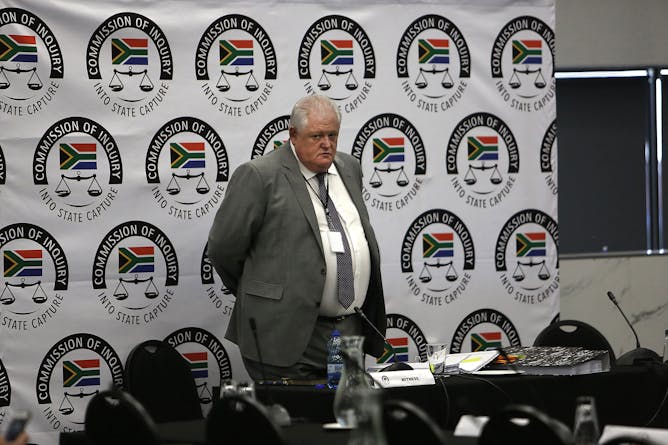
Angelo Agrizzi, the former chief operating officer of private security firm, at a South African commission of inquiry into corruption.
Sunday Times/Alan Skuy
Richard Calland, University of Cape Town
The state capture inquiry is a remarkable political as well as legal event.
|
Environment + Energy
|
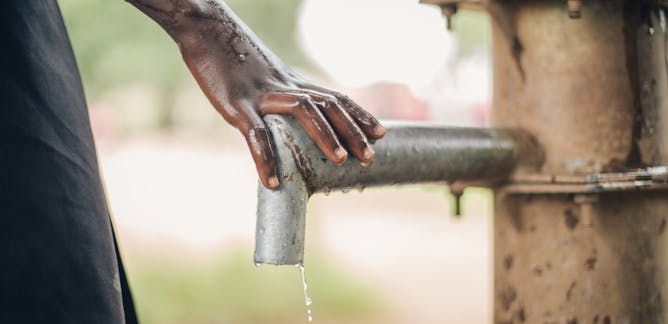
Gaathier Mahed, Nelson Mandela University
Banking water minimises the impact of evaporation and means that water can also be recycled from various sources.
| |
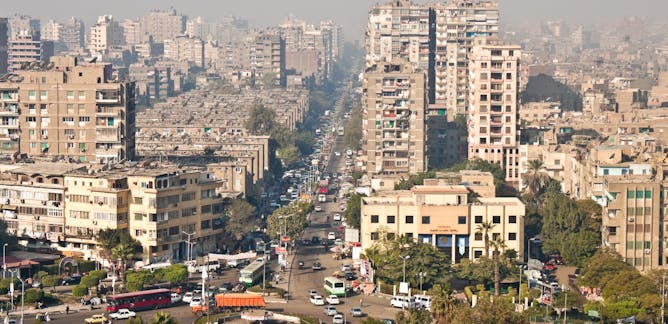
Lenore Manderson, University of the Witwatersrand
The number of people dying due to climate-led changes in the environment are increasing and the poorest populations remain the hardest hit.
|
|
|
From our international editions
|
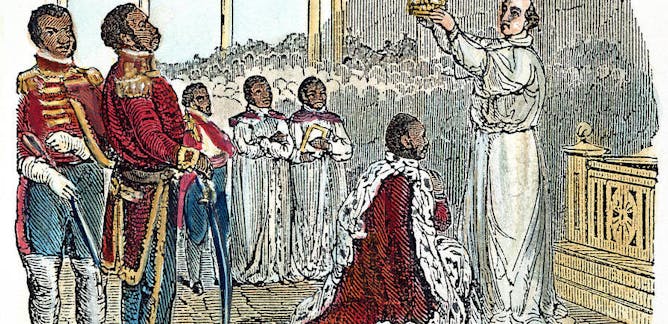
Marlene Daut, University of Virginia
In 1811 a former slave named Henry Christophe anointed himself 'First Monarch' of the 'New World.' For 10 years, he ruled over a part of modern-day Haiti, becoming a global media sensation.
| |
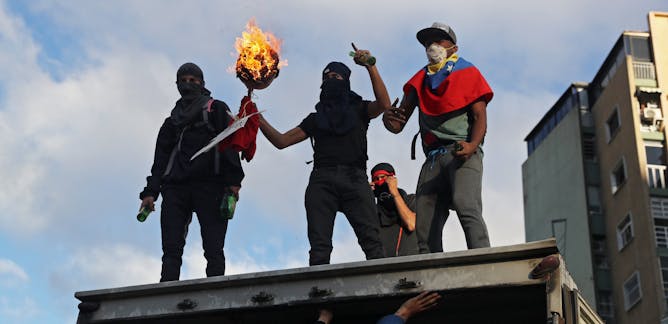
Tom Long, University of Warwick
Other nations tolerated the erosion of liberal values in Venezuela for a long time before crisis hit.
|
|
|